Denim aprons are durable and stylish protective garments used in various settings, from kitchens to workshops. They are popular for their robustness and classic look. Here?s a detailed description of denim aprons:
Features of Denim Aprons:
Material:
Denim Fabric: Typically made from 100% cotton denim or a cotton blend. Denim is known for its durability, resistance to wear and tear, and comfort.
Thickness: Denim aprons come in various thicknesses, with heavier weights offering greater protection and durability.
Design Elements:
Coverage: Provides coverage from the chest to the knees or lower, depending on the design. Some aprons extend to the ankles for more extensive protection.
Straps: Adjustable neck and waist straps for a customizable fit. Straps can be crossed in the back or tied around the waist, depending on the design.
Pockets: Multiple pockets for holding tools, utensils, or personal items. Common pocket configurations include:
Front Pockets: Large central pocket or several smaller pockets for easy access.
Chest Pockets: For holding pens, thermometers, or small tools.
Side Pockets: For added storage space.
Adjustability:
Neck Strap: Adjustable neck straps for a comfortable fit around the neck.
Waist Ties: Adjustable waist ties to ensure the apron fits securely around the waist.
Design Variations:
Bib Apron: Covers the chest and legs, providing full coverage. Ideal for cooking or serving.
Half Apron: Covers only the waist and hips, used for tasks that don?t require full coverage.
Utility Apron: Often features additional pockets and tool loops for a variety of tasks in workshops or studios.
Additional Features:
Reinforced Edges: Hemmed or reinforced edges for increased durability.
Water-Resistant Coatings: Some denim aprons have a water-resistant coating for added protection.
Vintage Look: Denim aprons often have a classic, vintage aesthetic with a rugged appearance.
Uses of Denim Aprons:
Cooking and Baking:
Professional Kitchens: Worn by chefs, cooks, and kitchen staff to protect clothing from stains and spills.
Home Cooking: Used by home cooks and bakers for food preparation and cooking.
Crafting and Art Projects:
Art Studios: Protects clothing from paints, dyes, and other crafting materials.
DIY Projects: Ideal for woodworking, gardening, or other hands-on projects.
Workshops:
Mechanical Work: Used in workshops for automotive repairs or maintenance.
Craft Workshops: Provides protection and a place to keep small tools or materials.
Serving and Hospitality:
Restaurants and Caf?s: Worn by waitstaff or baristas to keep uniforms clean and carry order pads or pens.
Benefits of Denim Aprons:
Durability: Denim is a strong, durable fabric that withstands frequent use and washing.
Protection: Offers protection from stains, spills, and minor hazards.
Style: Provides a classic, stylish look that can be both functional and fashionable.
Comfort: Soft and breathable, making it comfortable for extended wear.
Versatility: Suitable for a wide range of tasks and settings.
Care Instructions:
Washing: Denim aprons should be washed in cold water to prevent shrinking and fading.
Drying: Air dry or tumble dry on low heat to maintain the integrity of the fabric.
Ironing: Iron on a medium setting if needed to remove wrinkles.
Example Brands and Where to Find Denim Aprons:
Brands:
Hedley & Bennett: Known for high-quality, stylish aprons.
Ateco: Offers durable aprons for professional and home use.
Carhartt: Known for rugged, practical workwear including aprons.
Retailers:
Amazon: Wide selection of denim aprons for various needs.
Etsy: Handmade and unique denim apron options.
Williams Sonoma: Professional-grade aprons for cooking and baking.

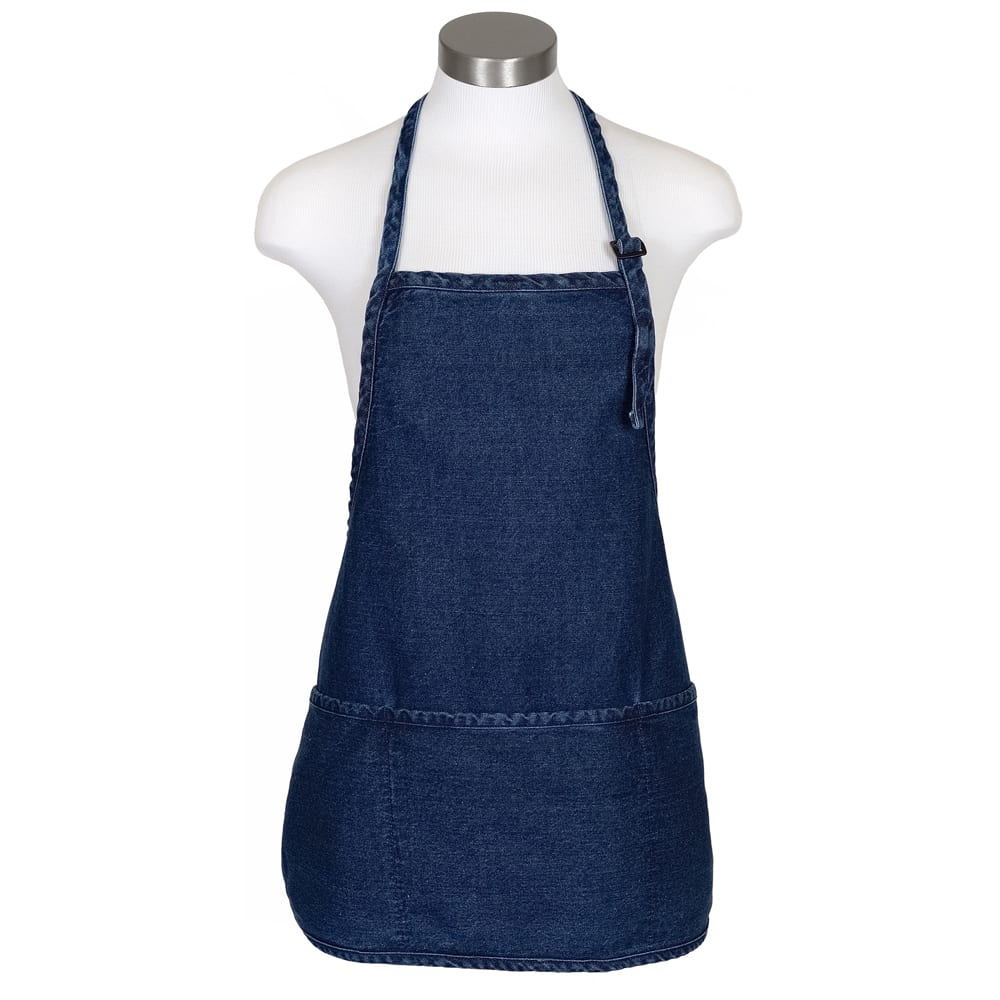
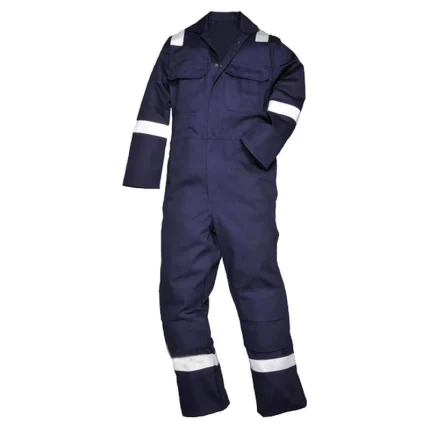
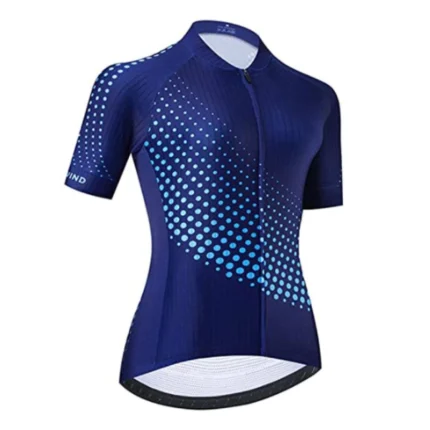
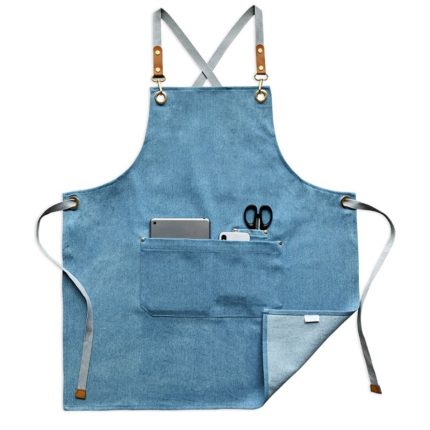
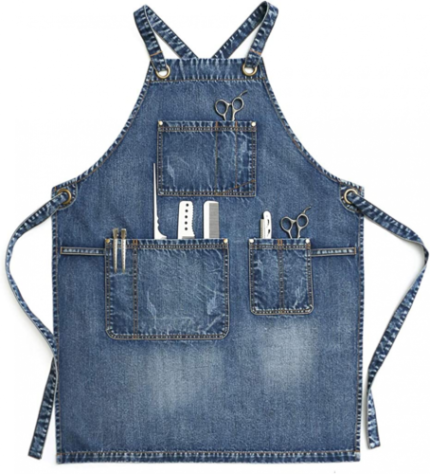
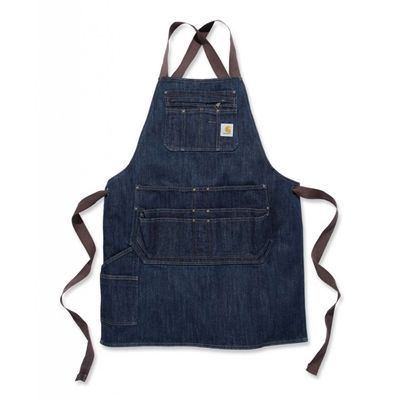
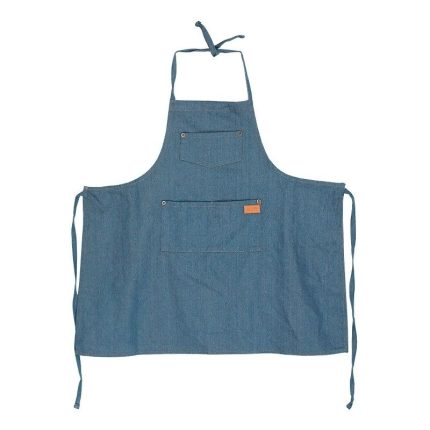
Reviews
There are no reviews yet.